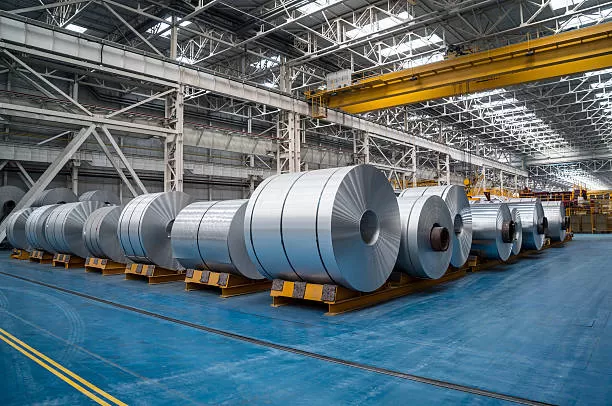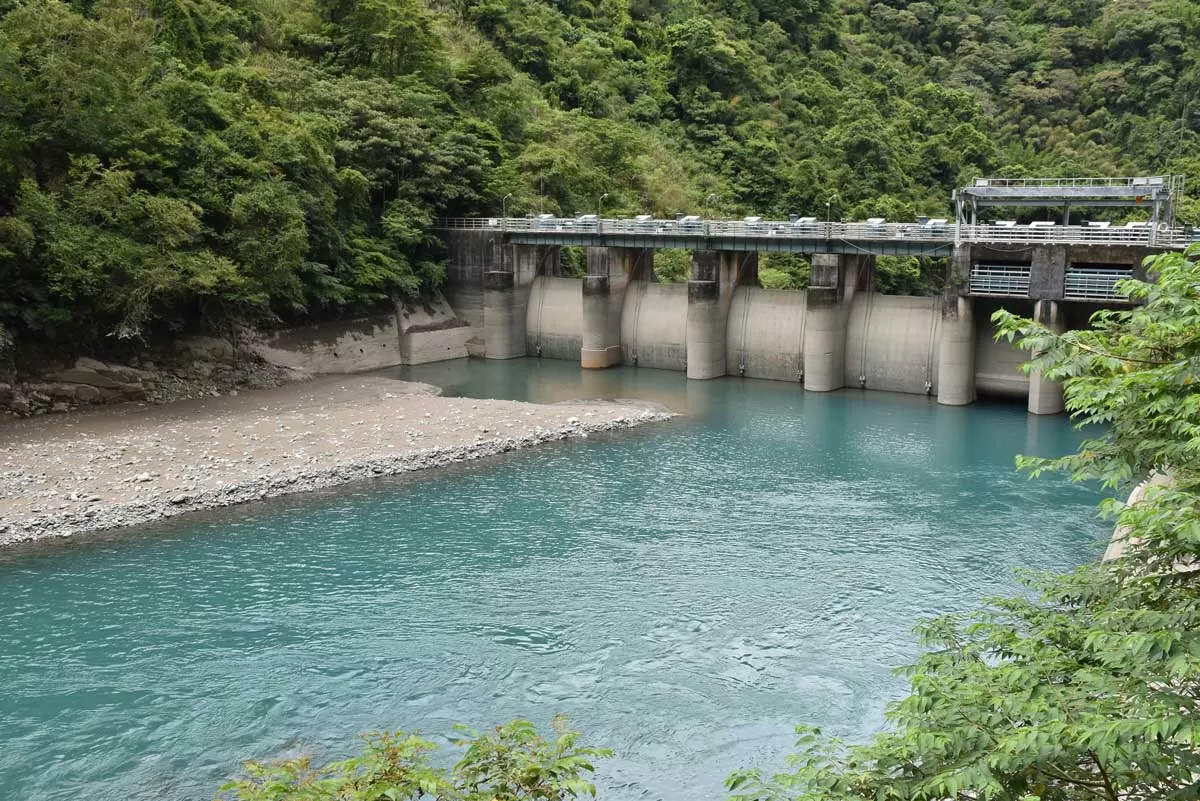
Supreme Court Clears Retro Tax Payment for Steel, Cement Giants

Arunachal Approves 50 per cent SGST Reimbursement
The Arunachal Pradesh Cabinet, led by Chief Minister Pema Khandu, has approved a 50 per cent reimbursement of State Goods and Services Tax (SGST) for the 1,200 MW Kalai II Hydro Electric Project to encourage investment and speed up hydropower development. The project, located on the Lohit River in Anjaw district, is being developed by THDC India Ltd in collaboration with the Arunachal government and involves an estimated Rs 140 bn investment. It is projected to generate Rs 3.18 bn annually in free power and contribute Rs 22 mn per year to the Local Area Development Fund, benefiting nearby co..

India Surpasses US, Europe in Locomotive Production
India has set a new benchmark in railway manufacturing by producing 1,681 locomotives in FY 2024, surpassing both the United States and Europe. This achievement highlights the country's leadership in locomotive production, driven by the Make in India initiative and Indian Railways’ modernisation efforts. Key contributors include Chittaranjan Locomotive Works (CLW), Banaras Locomotive Works (BLW), and Patiala Locomotive Works (PLW). These production hubs have significantly boosted both freight and passenger train capacity, including advanced Vande Bharat trains and high-powered freight loco..

Varun Malik Joins ANAROCK as MD, Head of Capital Markets, APAC
ANAROCK Capital has appointed Varun Malik as Managing Director, Head of Capital Markets (APAC), marking a strategic move to expand its presence across Asia-Pacific. Based in Singapore, Malik will drive ANAROCK’s capital markets initiatives in the region.A real estate finance veteran, Malik brings over 18 years of experience in structuring complex cross-border transactions across South-East Asia and Australia. He has led debt and equity deals for REITs, fund managers, and developers, delivering strong returns and driving investor value.“We will redefine real estate capital solutions across ..














